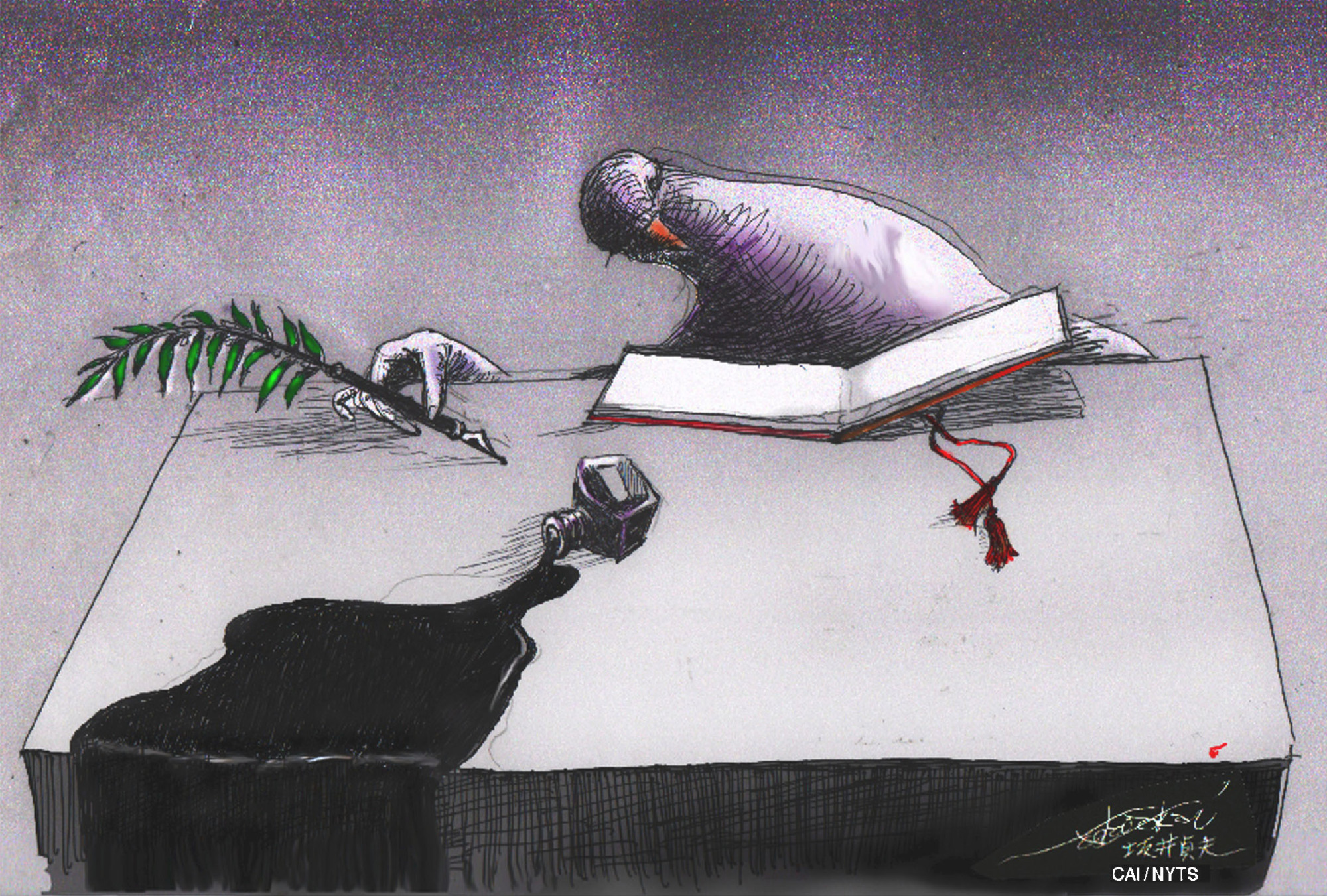The summit in Hanoi this week between U.S. President Donald Trump and North Korean leader Kim Jong Un unexpectedly ended with no deal. There is still no road map for achieving denuclearization of North Korea. Nor is there a clear way forward for Pyongyang to ensure that sanctions are lifted so it can secure much-needed economic assistance in the future.
Whether the region is now more stable as a result of the negotiations breaking down remains to be seen. But equally important for the region is whether the trilateral relation between Japan, South Korea and the United States can be strengthened as uncertainties continue to persist in an increasingly unstable Northeast Asia.
Tokyo, Seoul and Washington all have a deep-rooted interest in pushing for denuclearization of the Korean Peninsula. At the same time, the differences among the three in how and when that goal might be achieved has become more apparent since Washington's leadership began to engage directly with Pyongyang under the Trump administration. Yet in spite of the differences in envisioning a future relationship with the Kim regime, the need for strong relations between Japan, the U.S. and South Korea in facing regional threats has only become all too apparent.



















With your current subscription plan you can comment on stories. However, before writing your first comment, please create a display name in the Profile section of your subscriber account page.